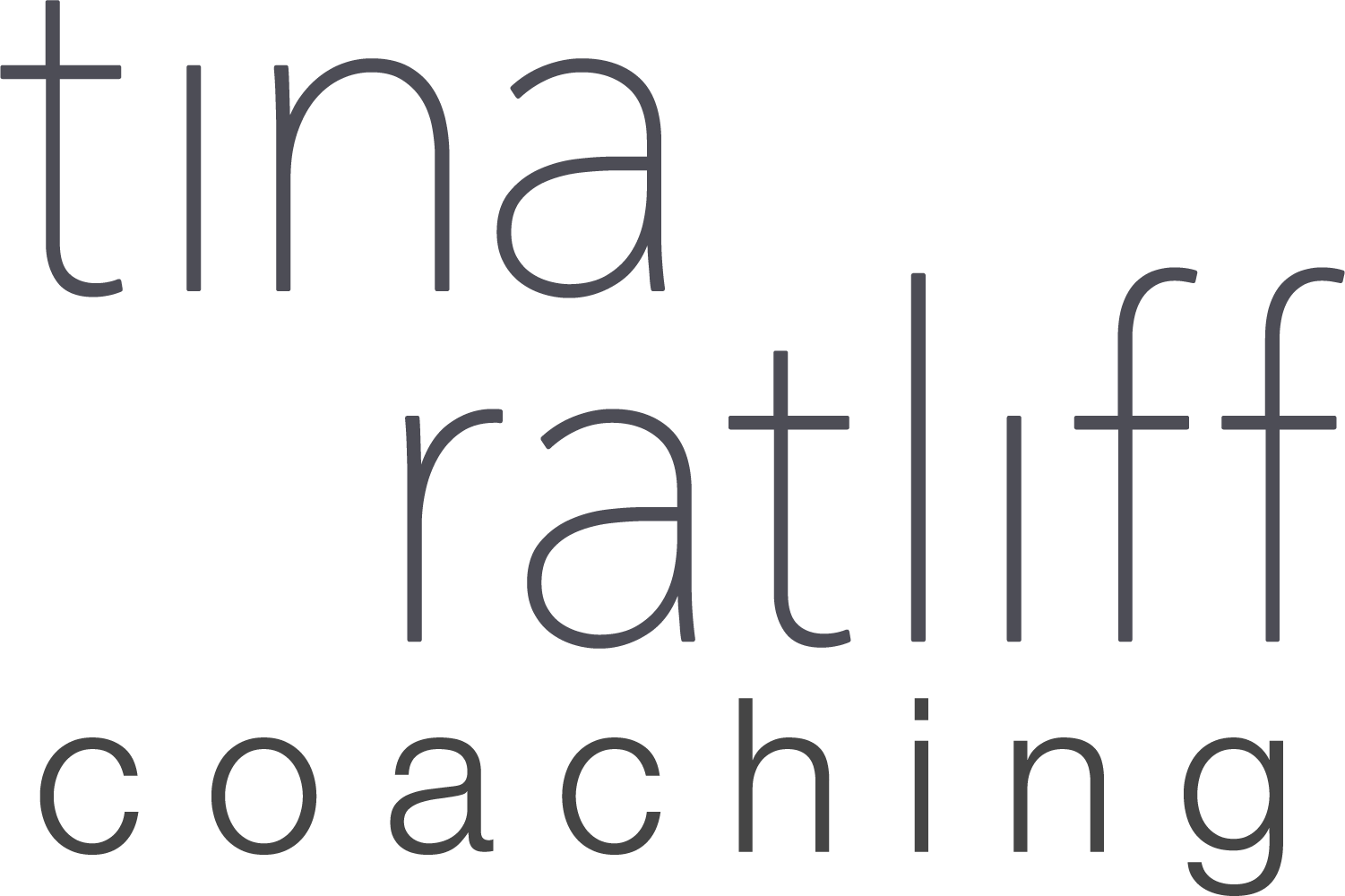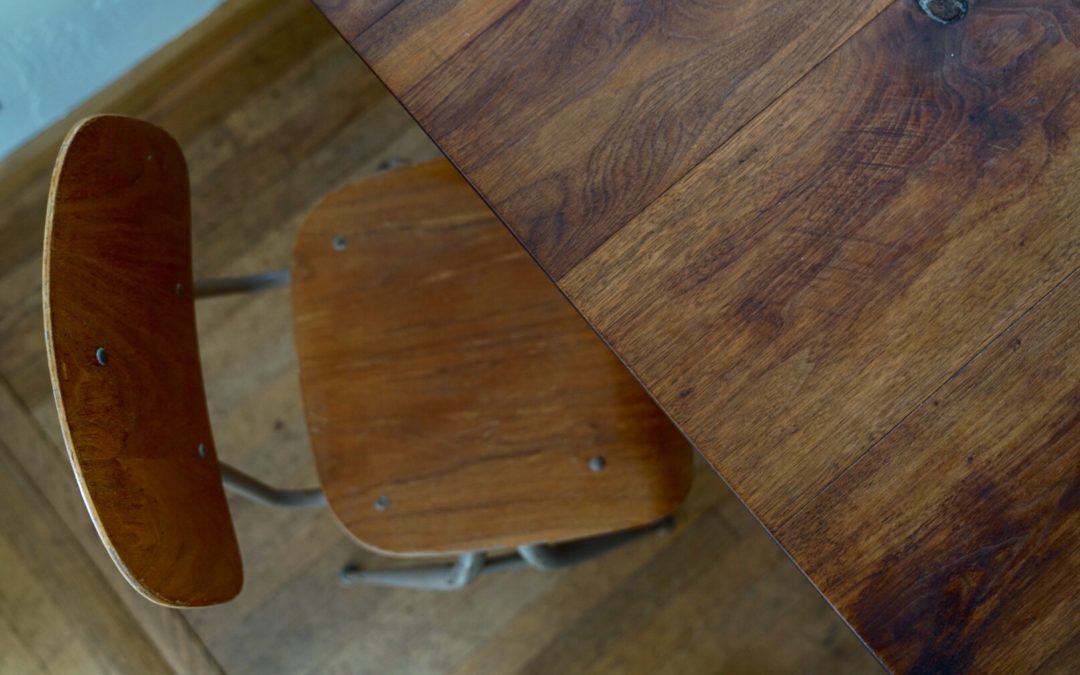Healthy people are aware of their emotions regarding current happenings in their lives.
Have you ever been walking along doing just fine and then all of the sudden you get triggered? During what seems to be a rather normal event or conversation, emotions are suddenly VERY big! Ouch. Where did THAT come from, you wonder.
This recently happened to me when I walked into the kitchen and saw my husband oiling our artisan table. We have a dining table made of reclaimed wood from old boats. It dries out over time and he was simply taking care of it. Big deal, right? Why am I triggered? Why do I suddenly feel like a helpless child. This table-waxing is surely not offensive, yet it feels as if it is.
Instead of putting the responsibility on the other person (my husband in this story) I noticed my internal reaction. I no longer felt like an adult, but had the familiar feeling of a helpless child. After calmly commenting, “Hey, cool. You are waxing the table”, I removed myself from the area and went to do my inner work. It took strength and being “boundaried” to do this. Recognizing my own familiar child feeling rising up was my signal to be silent and go figure this out. I recognized it was mine to figure out, and basically had nothing to do with him at all. He was innocently just waxing the table.
Healthy relationships require each person to take responsibility for not acting out of triggered emotion. Sometimes being triggered means we feel like a helpless child. Or there are times we feel like our angsty teen self comes out. Being triggered can even move us into a parent, or one-over stance. We are in the parenting stance when we notice we have switched into correction-mode with those around us.
On a daily basis, I can find myself moving into any or all of these stances. Recognizing that I am being triggered is the biggest and most important thing. Because once I have recognized it, I can step back a bit, choose to not bring my trigger into the relationship and thereby avoid harming mutual connection.
Once we recognize the trigger and the stance we are falling into (child, teen, parent) we then can get into a conversation with ourselves about where this is coming from. We can begin to connect the dots. My table-waxing dots led back to prior experiences of being surprised. It wasn’t really about today. So I was able to separate my husband from my trigger.
This is what we do in order to have healthy relationships. We separate our triggers and emotions from the people and situations. We move away for a bit and do our work. This way we don’t damage our relationships. This is the adult way of responding to the deep and painful emotions that arise when we are doing relationship and life together.
our uncomfortable emotional state
on our friend or spouse or child or coworker
will keep all of these valued relationships healthy and strong!
How are you doing with this? What is a recent time you were triggered and how did you handle it? If you find you are often triggered and cannot easily find your way back to calm, or it is damaging a relationship, coaching is one of the ways that can help you heal and develop the tools you are looking for!
~Tina

